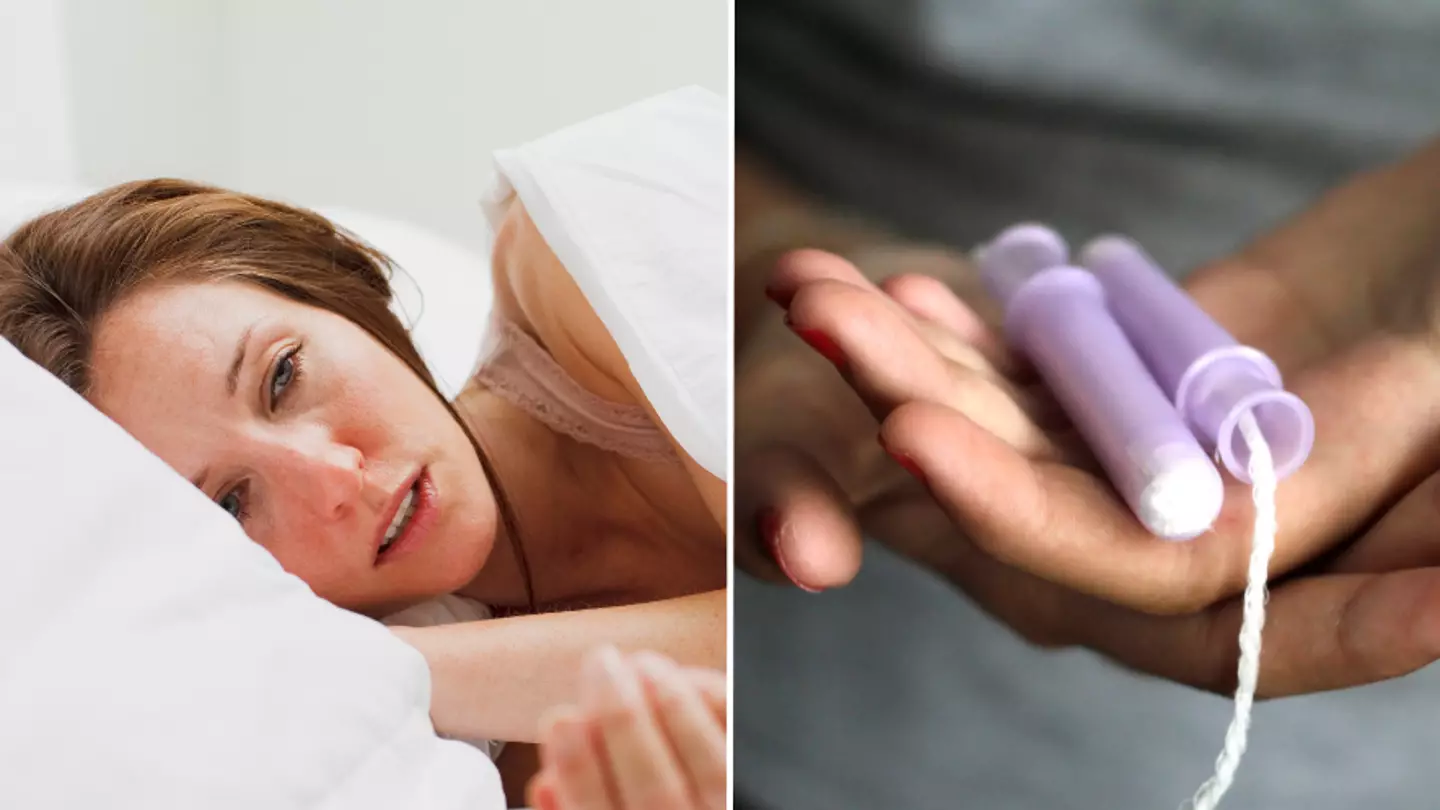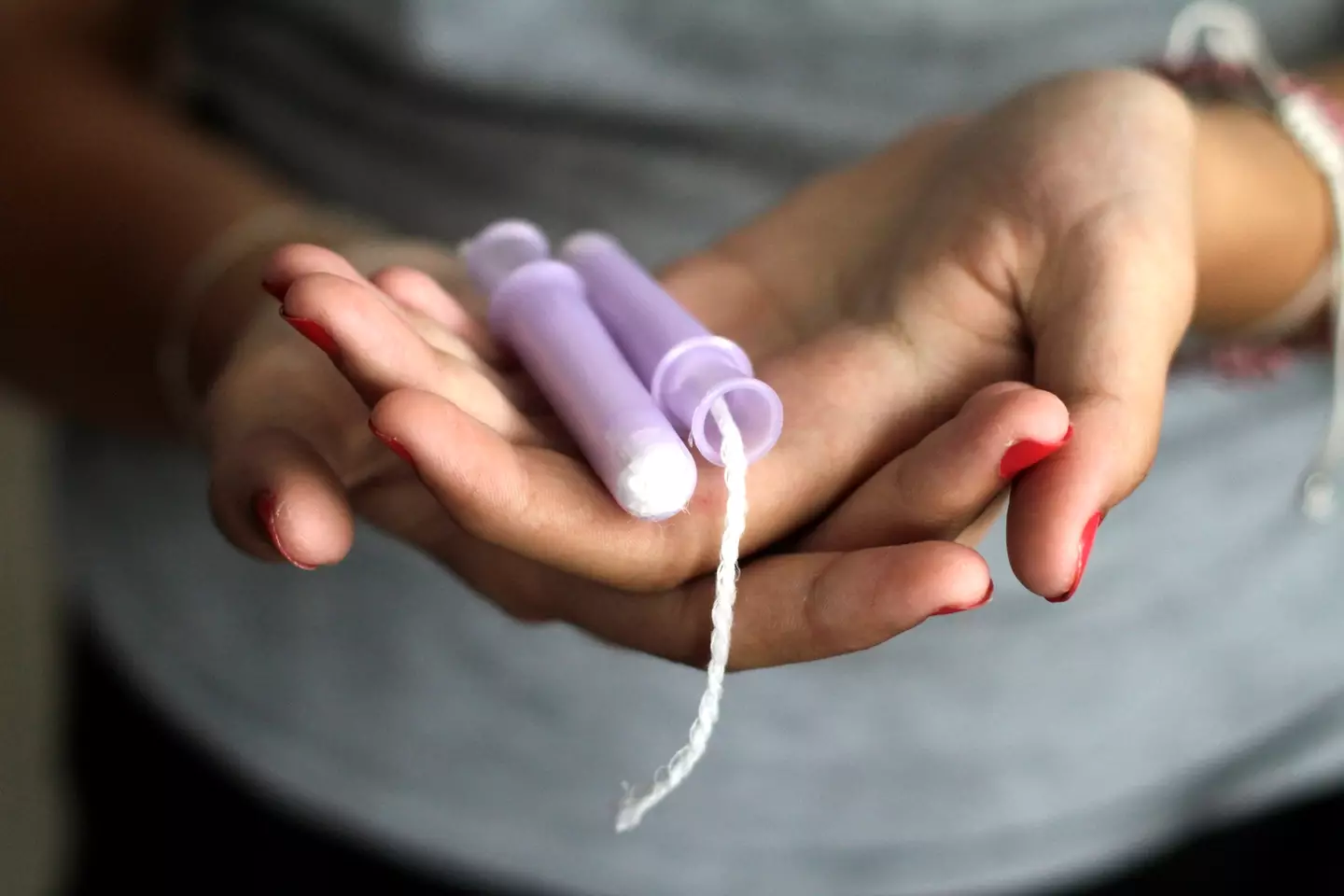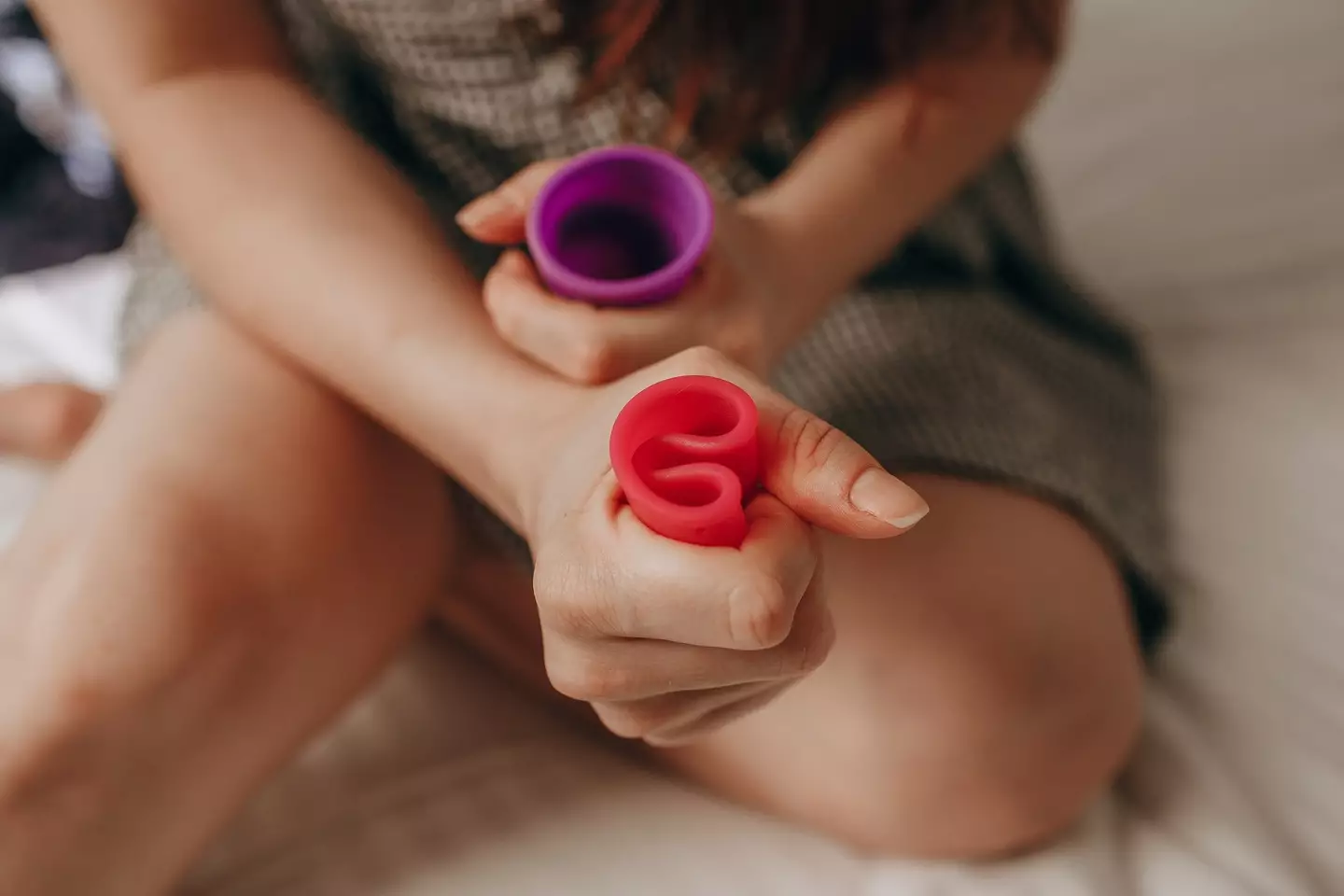
I'm sure, by now, we've all heard about toxic shock syndrome (TTS).
Whether you learnt it at school as a child or later in life through your mates - it's clear many have been left absolutely terrified of contracting the rare illness which can be caused by an infection after leaving in a tampon or menstrual cup for too long.
Now, considering there's a whole lot of anxiety surrounding TSS, there are only about 40 cases reported each year in the UK out of a population of about 60 million.

Rare as it though, it still happens and one LA-based model was unfortunate enough to contract it after leaving her tampon in for too long.
Advert
Lauren Wasser was just 24 when she contracted the life-threatening disease back in 2012.
Lauren's nightmare began when she was found facedown and unresponsive in her home, having succumbed to a fever of almost 42 degrees.
Incredibly, Lauren was given just a one percent chance of survival.
She was placed into a medically-induced coma and after a week, she finally woke up.

An infectious disease doctor then examined her to see if she had a tampon in. Upon their discovery, she was diagnosed with TSS.
Advert
Sadly, Lauren's legs had turned black with gangrene and her right leg had to be amputated.
After six years with one leg, Lauren opted to have her left leg amputated too due to how much pain she was in.
Lauren, who is now 36, uses her platform to urge people to learn about the danger of tampons.
The NHS has also shared its official advice on TSS.
How to check if you have toxic shock syndrome?
While TSS may be rare, the NHS warns that is still a 'life-threatening condition' and can come on quickly.
Advert
Symptoms include:
- a high temperature
- muscle aches
- a raised skin rash that feels like sandpaper
- flu-like symptoms

So, what causes toxic shock syndrome?
The NHS explains that it's possible to get TSS due to a whole load of things including:
- from using tampons or menstrual cups
- from a contraceptive diaphragm or cap
- after a vaginal birth or caesarean section
- from a cut, wound, boil or burn that has become infected
Also, your chances of getting TSS are higher if you've had it before.
What are the treatments for toxic shock syndrome?
If you do contract TSS, you'll need 'urgent hospital treatment' which can include:
- antibiotics to treat the infection
- fluids to rehydrate you, usually through a drip in your arm
- medicine to help control your blood pressure
- oxygen
- surgery to remove infection from cuts or wounds
How can you prevent toxic shock syndrome?
There are some key things you can do to reduce your chance of catching or spreading a bacterial infection including:
- washing your hands and following the instructions when using tampons, menstrual cups, contraceptive caps and diaphragms, and do not leave them in longer than needed or recommended
- keeping cuts and burns clean, and looking out for signs of infection, such as a rash, swelling or pain
If you've had TSS before, your doctor may advise you not to use tampons, contraceptive caps or diaphragms.
Advert
You can find out more about toxic shock syndrome here.
Featured Image Credit: Martin Barraud/Isabel Pavia/Getty Images